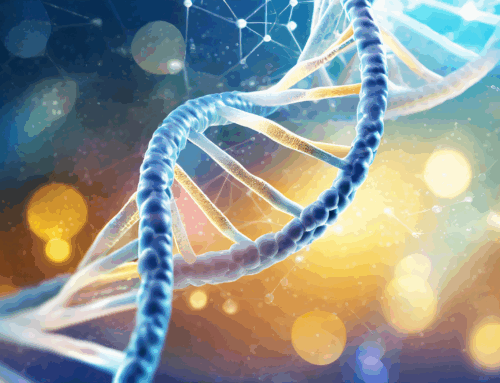Naturopaths and holistic practitioners focus on benefits of protein in practice.
Protein is a vital macronutrient that plays a crucial role in maintaining optimal health and wellness.
It serves as the building block of life, supporting various bodily functions, from muscle growth to immune defense.
Understanding the importance of protein, its sources, and how it contributes to overall health can help you make informed dietary choices.
What is Protein Made Of?
Protein consists of amino acids, which are organic compounds that serve as the foundation of body tissues. There are 20 different amino acids, nine of which are essential, meaning they must be obtained through diet. These amino acids contribute to the formation of enzymes, hormones, and antibodies, making protein indispensable for overall health.
Top Food Sources of Protein
Protein is abundant in various food sources, including:
- Animal-Based Proteins: Eggs, lean meats (chicken, beef, turkey), fish, dairy products (milk, yogurt, cheese), and seafood
- Plant-Based Proteins: Legumes (beans, lentils, chickpeas), tofu, tempeh, quinoa, nuts, seeds
- Protein Supplements:
- Whey, casein, and plant-based protein powders can help meet daily protein needs when whole foods are not sufficient
- Perfect Amino Acids
How Protein Regulates the Body
Protein plays a critical role in regulating various bodily functions:
- Metabolic & Hormonal Balance: Protein helps regulate metabolism by supporting enzyme activity, aiding in the digestion and absorption of nutrients. It also contributes to hormonal balance, influencing insulin, cortisol, and thyroid hormone production.
- Immune System & Antibody Production: Proteins help create antibodies, which are essential for fighting infections and boosting immunity
- Energy Source: When carbohydrates and fats are unavailable, protein serves as an energy source, ensuring sustained energy levels
Protein for Recovery & Repair
Protein is crucial for repairing tissues, especially after surgery, illness, or injury. It accelerates the healing process by regenerating damaged cells and promoting overall tissue recovery.
 Muscle Mass & Bone Health
Muscle Mass & Bone Health
As we age, muscle mass naturally declines. Consuming adequate protein helps preserve lean muscle, enhance strength, and support bone density. Strong muscles and bones reduce the risk of fractures and osteoporosis, contributing to overall mobility and longevity.
Weight Management & Satiety
Protein is a highly satiating macronutrient, helping to control appetite and prevent overeating. Including protein-rich foods in meals can aid in weight management by reducing cravings and promoting a feeling of fullness.
Boosting Metabolism & Muscle Growth
Protein feeds muscle cells and supports muscle growth by stimulating muscle protein synthesis. Muscles are metabolically active tissues, meaning they burn more calories at rest. By increasing muscle mass through adequate protein intake, you naturally boost metabolism, helping your body burn fat and sugars more efficiently.
In the End…
Protein is essential for maintaining optimal health, from regulating metabolism and hormones to supporting immune function and muscle growth.
By incorporating a variety of protein-rich foods into your diet, you can enhance energy levels, support recovery, manage weight, and maintain overall well-being.
As you age, ensuring sufficient protein intake becomes even more critical for sustaining muscle strength and bone health. Healing Cornerstone is here to guide you to nutritional supplements that will enhance and balance protein in your diet, so you can enjoy numerous health benefits!




